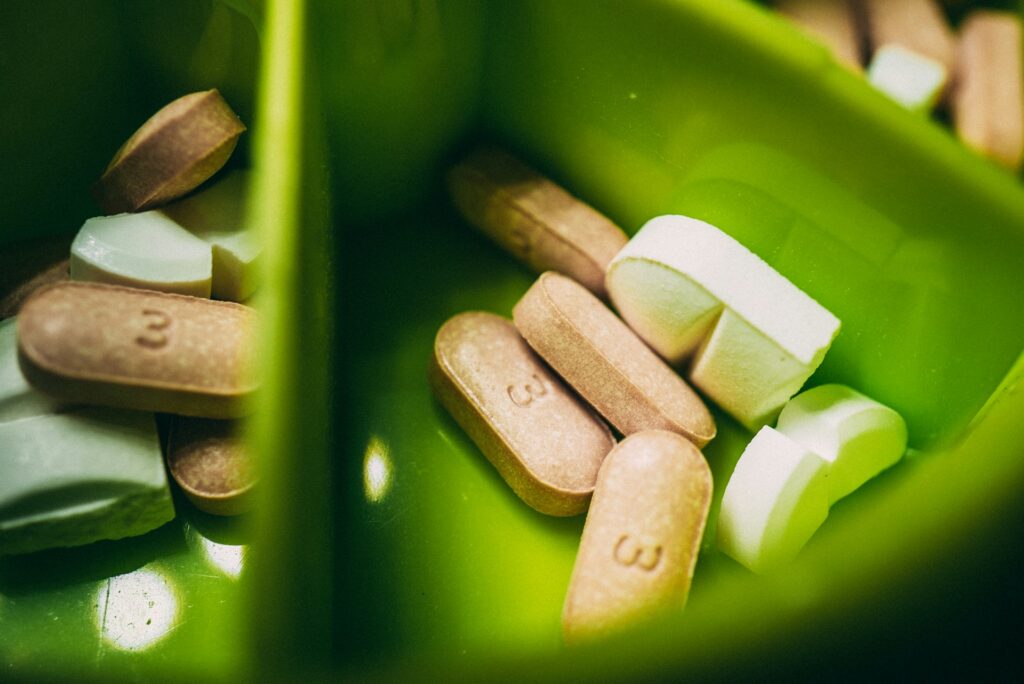In the realm of manufacturing drugs, innovations emerge as researchers invent new approaches. This field has seen a major progress with the development of synthetic compounds that can manoeuvre through intricate biological interactions for improved targeted treatment delivery.
Dr. Takanari Inoue, a researcher at Johns Hopkins Medicine, explained how these engineered molecules could alter treatment paradigms by following pre-determined chemical instructions, akin to a biological GPS guiding the drugs directly to their target without the risk of interacting with unintended tissues. Inoue noted:
“The idea is that you can package anything you want into these bubbles — protein, RNA, DNA, dyes or small molecules — tell the cell where to go using chemical sensing, and then have the cell burst near its intended target so that a drug can be released.”
Other research groups are using artificial intelligence tools to create completely original molecular structures. Scientists at MIT introduced a system called SPARROW that enhances the effectiveness of synthetic pathways for developing drugs. Various elements are factored into the model including production costs and practicality of producing each structure to enhance drug design efficiency.
“The selection of compounds is very much an art at the moment; and at times it is a very successful art. But because we have all these other models and predictive tools that give us information on how molecules might perform and how they might be synthesised, we can and should be using that information to guide the decisions we make,”
said Dr. Connor Coley, one of the key researchers behind SPARROW.
Big pharmaceutical companies are also taking notice. Merck recently entered into a $22 billion partnership with Daiichi Sankyo, signalling strong industry support for integrating synthetic chemistry with AI tools to accelerate drug delivery innovations. They anticipate that the development of this technology will change the structure of personalised medicine by allowing individuals to design medicines uniquely shaped for their genetic makeup.
The growing synergy between AI and synthetic chemistry heralds a future where targeted therapies are not just a theoretical concept but an imminent reality. As Dr. Inoue aptly put it, We’re on the verge of a new era in medicine, where precision and predictability will be the norm, not the exception.

Hassan graduated with a Master’s degree in Chemical Engineering from the University of Chester (UK). He currently works as a design engineering consultant for one of the largest engineering firms in the world along with being an associate member of the Institute of Chemical Engineers (IChemE).



